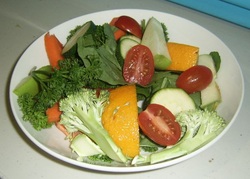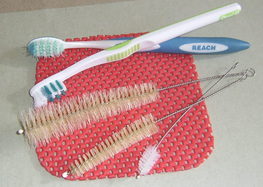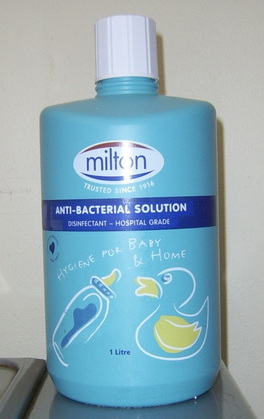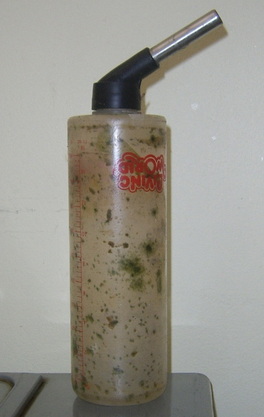THIS PAGE IS IN THE PROCESS OF BEING UPDATED AND WILL SHORTLY CONTAIN MORE INFORMATION TO HELP YOU KEEP YOUR GUINEA PIGS HAPPY AND HEALTHY.
Diet

Guinea pigs like just about all fruit and vegetables. Here at the shelter they eat carrots, celery (especially the leafy tops), cucumber, fennel, corn (including the husks), green beans, red, green and yellow capsicum, tomato, occasional small amounts of broccoli, cauliflower, cabbage and wombok, and cos or gourmet lettuce plus fruits such as watermelon, rockmelon, honeydew melon (including the rind of each), grapes, strawberrys, orange, apple and pear. (I cut all their food into smallish pieces, they seem to like it better that way). The adult piggies in the shelter have a bowl of the shelter's own dry food topped up morning and night, Oxbow Cavy Cuisine pellets and fresh fruit and vegetables once a day plus a constant supply of hay. Our younger piggies, and lactating mums have our junior food and Oxbow Cavy Performance pellets. Hay is seasonal with grassy being the most readily available. Examples of other hays are barley (in season from August through to Dec/Jan), rhodes grass, oaten and meadow. There are also the Oxbow range of hays - Timothy, Orchard Grass and Botanical.
AN IMPORTANT NOTE ON BARLEY HAY: Only buy barley hay when it is in season, when it is fresh and the seed pods soft and pliable. The seed pods on barley hay that has been stored for months become very dry and and needle like and can easily penetrate a guinea pig's eye, especially as most piggies like to run through it. For information on how to treat a cloudy eye resulting from a hay poke, see the section on STRAW below.
LUCERNE: It is inadvisable to give your adult guinea pigs (over 12 months) lucerne on a daily basis, if at all, as it is very high in calcium and can cause bladder stones. Unfortunately most commercial dry mixes are lucerne based, and much of the bagged hay sold in pet shops and produce stores is lucerne as are the guinea pig pellets. We make our own lucerne free adult food. Click here for information on how to purchase any of our products.
AN IMPORTANT NOTE ON BARLEY HAY: Only buy barley hay when it is in season, when it is fresh and the seed pods soft and pliable. The seed pods on barley hay that has been stored for months become very dry and and needle like and can easily penetrate a guinea pig's eye, especially as most piggies like to run through it. For information on how to treat a cloudy eye resulting from a hay poke, see the section on STRAW below.
LUCERNE: It is inadvisable to give your adult guinea pigs (over 12 months) lucerne on a daily basis, if at all, as it is very high in calcium and can cause bladder stones. Unfortunately most commercial dry mixes are lucerne based, and much of the bagged hay sold in pet shops and produce stores is lucerne as are the guinea pig pellets. We make our own lucerne free adult food. Click here for information on how to purchase any of our products.
CLEANING WATER BOTTLES
|
An easy way to keep your guinea pig's water bottles clean is to regularly soak them in a solution of Milton. First wash the bottle in warm soapy water, using a brush eg toothbrush. A small bottle brush can be used to clean inside the nozzle where grime often builds up. Rinse then soak in Milton solution for a minimum of 15 minutes. Longer will be needed if the bottle looks like the one pictured here.
|



